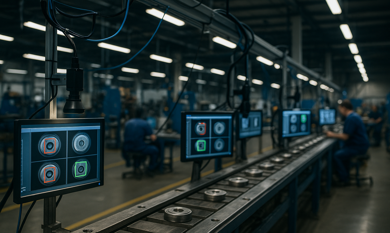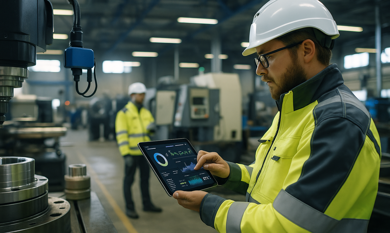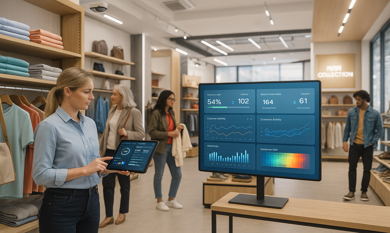As climate change continues to challenge ecosystems across the globe, the Middle East — a region with a delicate balance between rapid development and extreme weather — is turning to Artificial Intelligence (AI) for sustainable answers. From managing water scarcity to enhancing solar energy efficiency, AI is revolutionizing how countries monitor climate and accelerate their green energy goals.
This blog dives into the transformative role of AI in climate monitoring, shares real-life applications from the Middle East, and explains how technology partners like Theta Technolabs can support the region's green energy shift.
Understanding and tracking climate trends is crucial for the Middle East's sustainable future
With vast deserts, soaring temperatures, and scarce freshwater resources, Middle Eastern countries face complex environmental challenges. The region is also pushing towards energy diversification — shifting from oil dependency to renewable energy sources like solar and wind.
Climate monitoring is crucial in this journey. However, traditional methods are reactive and slow. That’s where AI steps in — using data, prediction models, and automation to anticipate weather events, track pollution, optimize water usage, and manage energy consumption.
How AI Transforms Climate Monitoring
AI algorithms can analyze massive environmental datasets from satellites, IoT sensors, and smart grids in real time. These algorithms identify hidden patterns, forecast changes, and recommend data-driven solutions. Key benefits include:
- Continuous monitoring of temperature, humidity, carbon dioxide, and overall air quality in real time.
- Predictive maintenance of energy infrastructure (e.g., wind turbines, solar panels).
- Disaster risk forecasting, helping governments prepare for floods, sandstorms, and droughts.
- Optimizing renewable energy grids, making them more stable and efficient.
Let’s look at how some Middle Eastern initiatives are already using AI for these purposes.
Real-Life AI Applications in the Middle East
1. G42 in the UAE has introduced AI-powered tools for more accurate weather prediction
Abu Dhabi-based G42 developed a generative AI weather forecasting system that leverages NVIDIA’s Earth-2 platform. It can predict various weather events like fog, sandstorms, and rain with high accuracy — at a resolution of up to 200 meters.
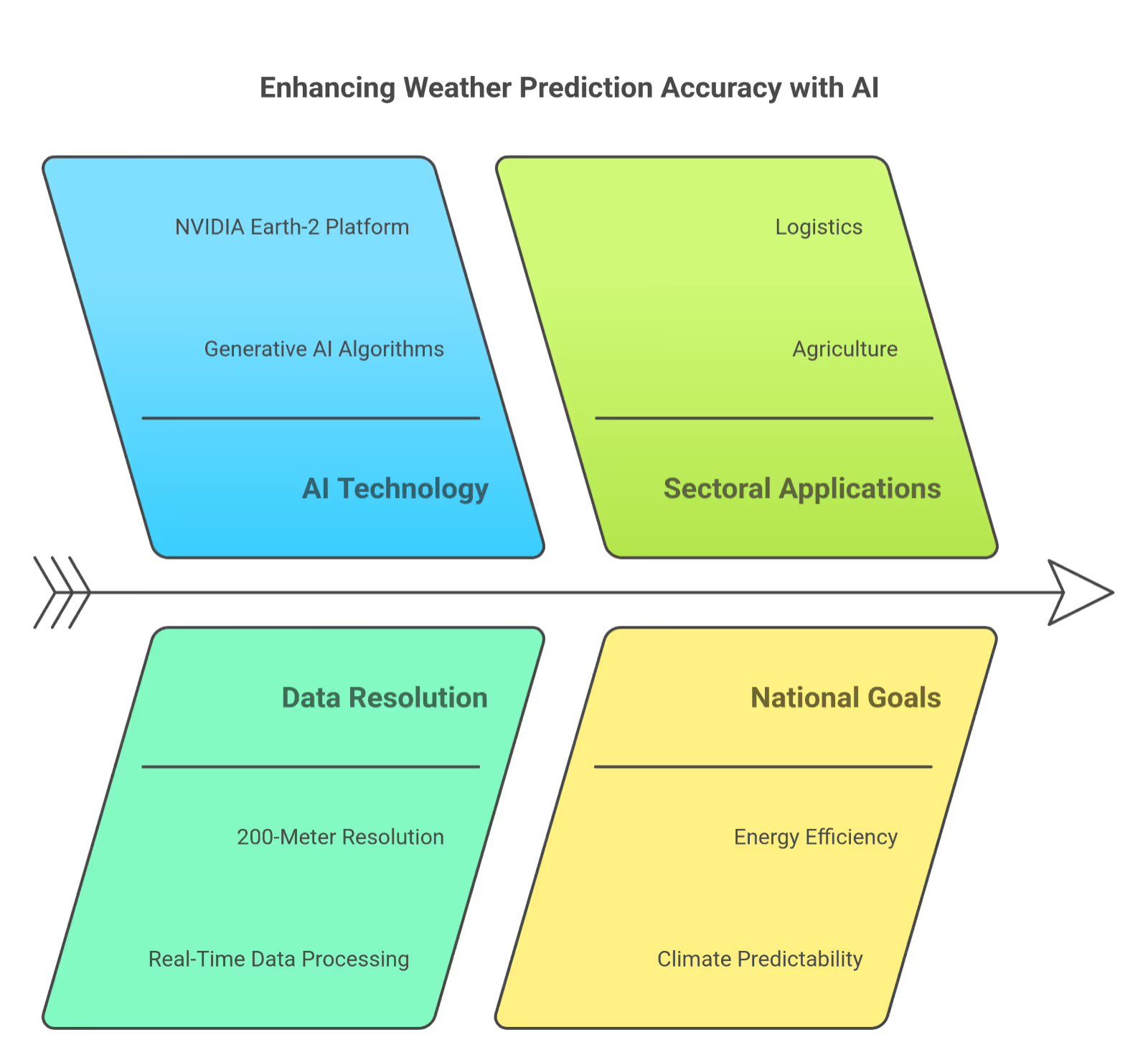
This system enables real-time decision-making for sectors like agriculture, logistics, and solar energy planning. By improving climate predictability, it supports national energy efficiency targets.
2. FortyGuard – Managing Urban Heat in Abu Dhabi
The urban heat effect has become a significant environmental issue in Gulf metropolitan areas. FortyGuard, a UAE-based cleantech startup, uses AI-powered temperature sensors to map heat zones and suggest urban designs to cool down cities.
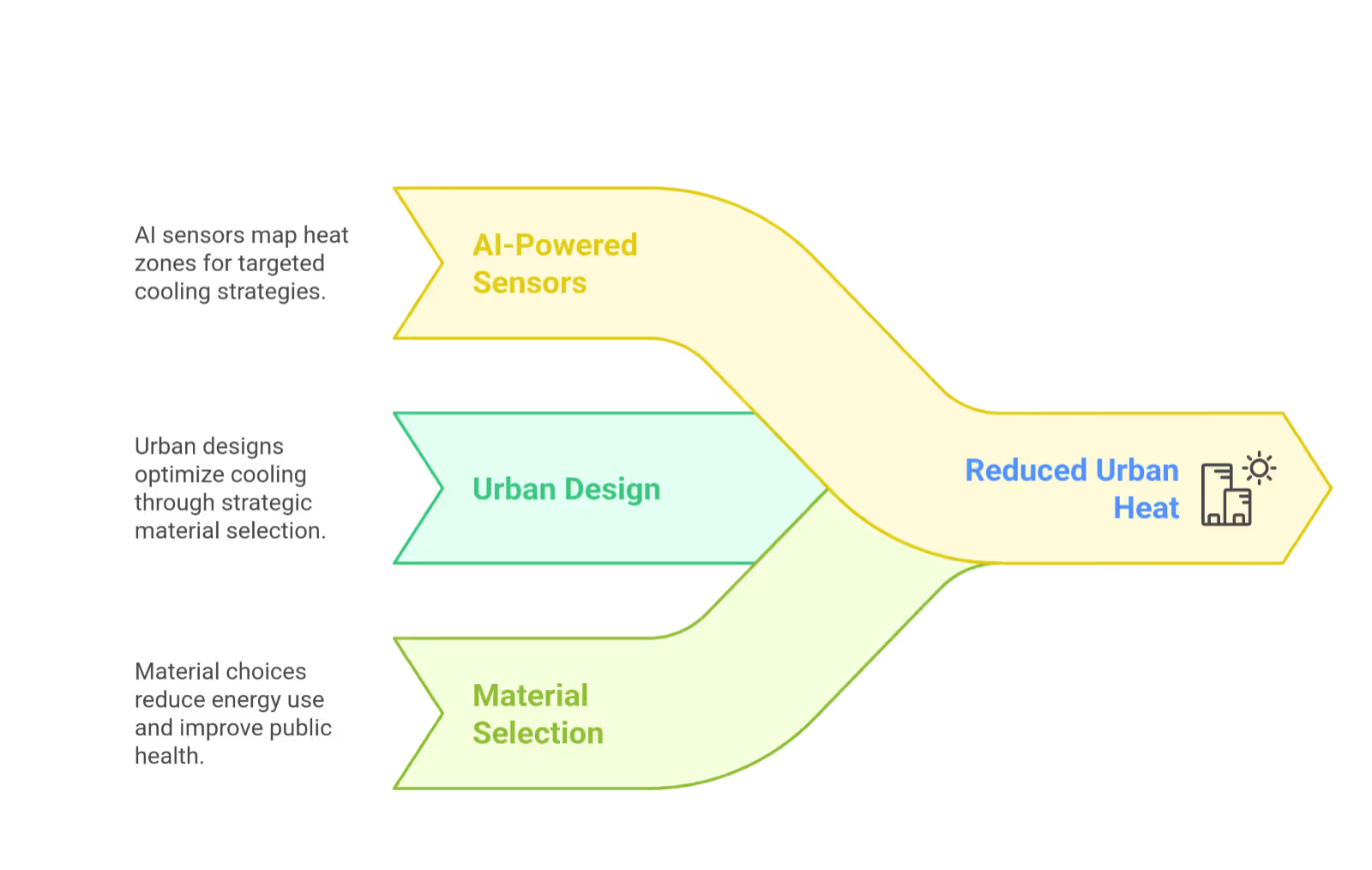
Their AI platform enables municipalities and infrastructure planners to select the right materials for roads, roofs, and parks — leading to reduced energy consumption and better public health outcomes.
3. Nabat.ai – Autonomous Ecosystem Monitoring
Nabat.ai, another UAE-based initiative, uses AI for ecosystem restoration. Through machine learning, it tracks biodiversity, soil moisture, and environmental health in protected areas. The data supports reforestation efforts and ecosystem resilience — crucial for carbon capture and climate adaptation.
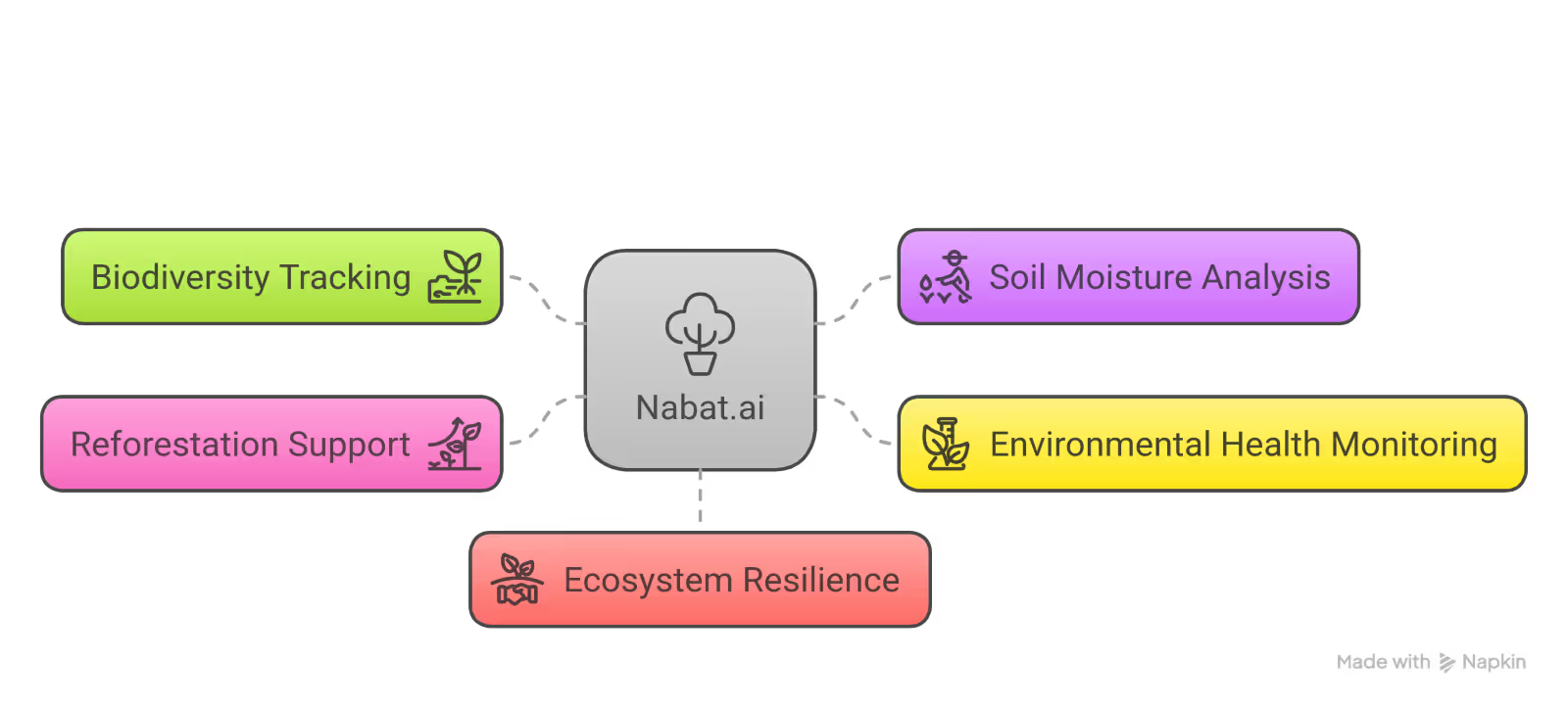
What About Dubai?
Aiming for global recognition, Dubai is investing heavily to lead in smart city transformation. Alongside the Dubai Clean Energy Strategy 2050, the city is investing in AI systems to enhance water management, solar panel efficiency, and green building design.
As an AI development company in Dubai, we at Theta Technolabs see immense potential for AI to improve environmental transparency, drive predictive maintenance, and unlock sustainability-led innovation for governments and enterprises alike.
AI in Green Energy Management
Beyond monitoring, AI plays a crucial role in how green energy is generated, stored, and distributed:
- Solar Panel Efficiency: AI systems detect dust accumulation and predict optimal angles for solar panels based on real-time sunlight data.
- Wind Energy Forecasting: ML models improve turbine operations by analyzing wind speed and direction, minimizing mechanical downtime.
- Smart Grid Balancing: AI helps balance power supply and demand, especially in peak summer months, reducing energy waste.
These capabilities are essential in the Middle East, where solar energy is abundant but environmental factors like sandstorms and extreme heat can reduce system efficiency.
The Future: AI + IoT = Smarter Climate Tech
AI’s potential increases when paired with IoT sensors and cloud infrastructure. This combination enables:
- Automated alerts for droughts or floods
- Real-time pollution tracking
- Automated irrigation based on weather and soil data
- Carbon footprint tracking for industrial zones
Governments across the region are beginning to adopt these integrated platforms to meet sustainability goals under their Vision 2030 and 2050 frameworks.
Let’s Build a Sustainable Future Together
At Theta Technolabs, we’re passionate about delivering impactful, AI-driven solutions that support environmental sustainability. Whether you're looking to develop a mobile app for smart city data, a web platform for environmental analytics, or need help setting up cloud infrastructure for AI processing — we’ve got you covered.
As a trusted AI development company in Dubai, we understand the region’s needs and offer tailored solutions for businesses and governments aiming to go green with confidence.
Drop us a message at sales@thetatechnolabs.com to get started today.



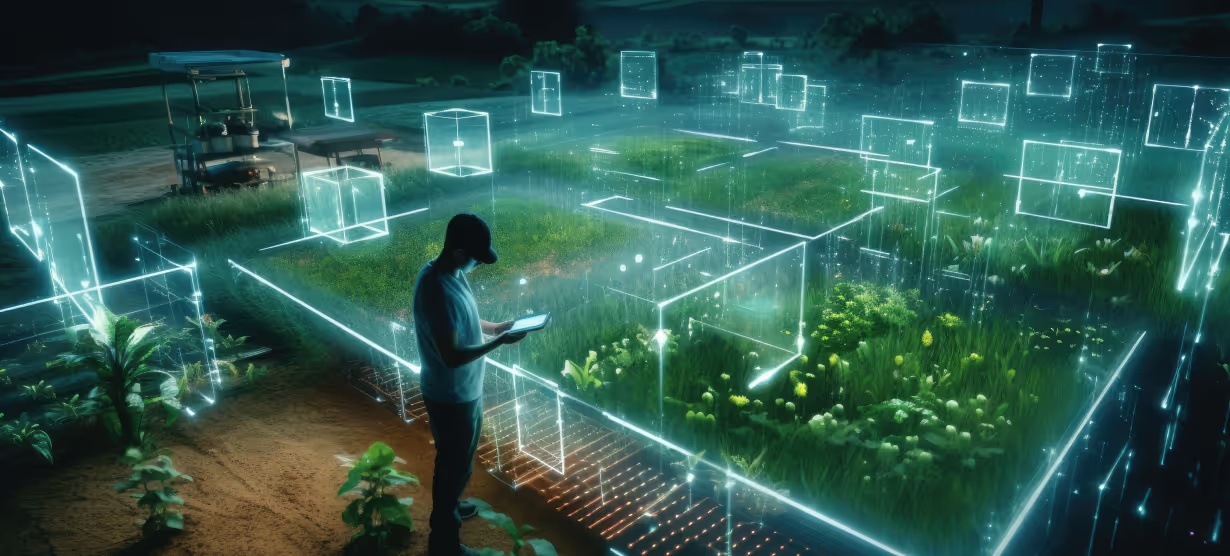














_Computer%20Vision-enabled%20Web%20and%20Mobile%20Interfaces%20for%20Mall%20Management%20in%20Dubai_Q1_In_24.avif)
_Smart%20Solutions%20for%20Healthcare_%20How%20IoT%20Development%20is%20Reshaping%20Dubai%20Hospitals_Q1_In_24.avif)
_Automated%20Checkout%20Systems.avif)
_Smart%20Manufacturing%20in%20Dubai_%20How%20AI%20is%20Driving%20Efficiency%20and%20Innovation_Q1_In_24.avif)

_Understanding%20the%20Impact%20of%20AI%20and%20Machine%20Learning%20on%20Fintech%20Web%20Apps%20in%20Dubai_Q2_24.avif)
_Explore%20the%20Best%20Cross-Platform%20App%20Development%20Frameworks%20of%202024_Q3_24.avif)


_Top%20Benefits%20of%20Cloud%20Computing%20for%20All%20Business%20Sectors_Q2_24.avif)
_Integrating%20IoT%20with%20Mobile%20Apps%20for%20Advanced%20Renewable%20Energy%20Solutions_Q2_24.avif)
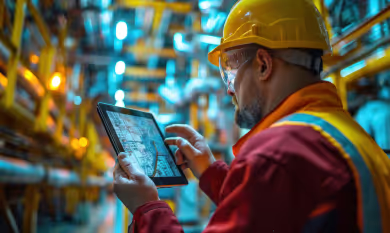

_The%20Transformative%20Role%20of%20Open%20Banking%20APIs%20in%20Fintech%20for%202024_Q3_24.avif)
_Choosing%20the%20Right%20Computer%20Vision%20Development%20Partner%20in%20Ahmedabad%20for%20Construction_Q3_24.avif)
_Node.js%20and%20Blockchain_%20A%20Perfect%20Pair%20for%20Fintech%20Innovation%20in%20Dubai_Q3_24.avif)
_How%20AI%20Development%20Companies%20in%20Ahmedabad%20are%20Transforming%20the%20Shopping%20Experience_Q4_25.avif)
_How%20IoT%20Can%20Reduce%20Energy%20Costs%20in%20Smart%20Factories_Q4_25.avif)








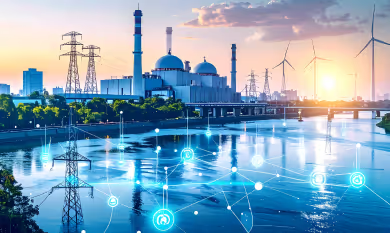





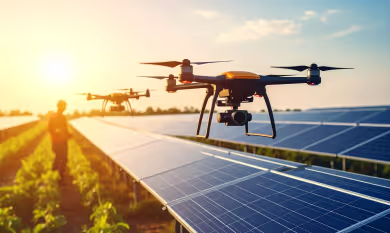






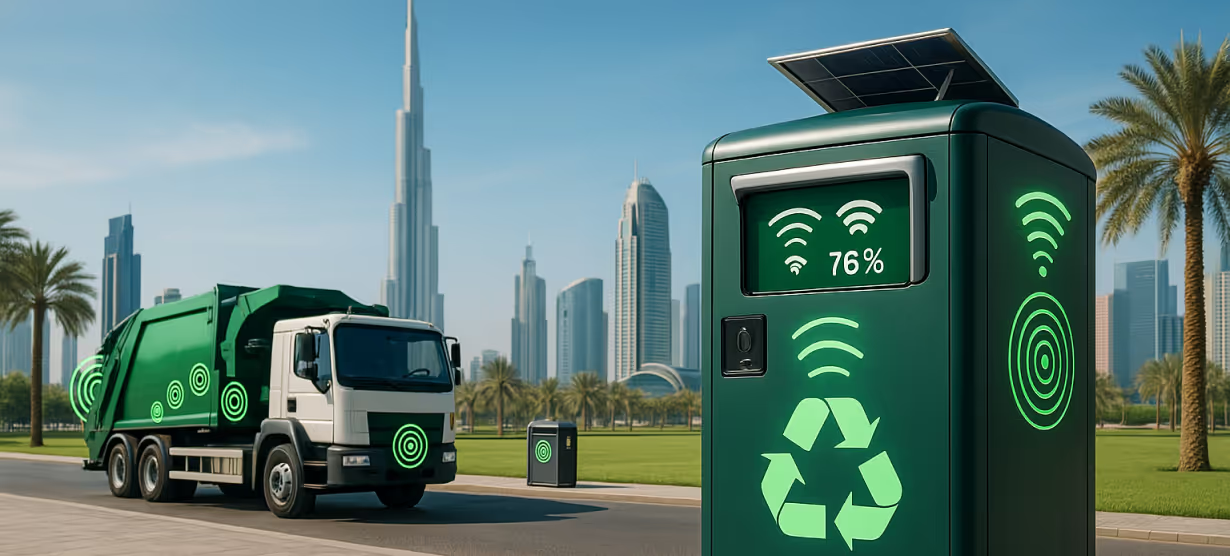
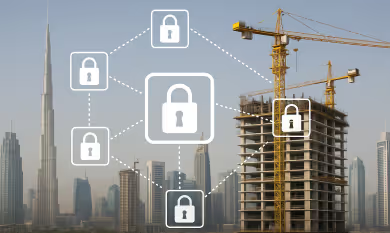
.avif)
.avif)
.avif)



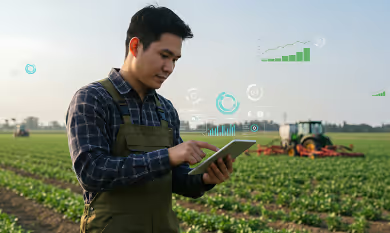

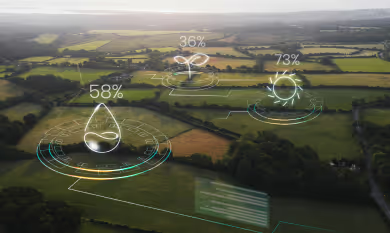

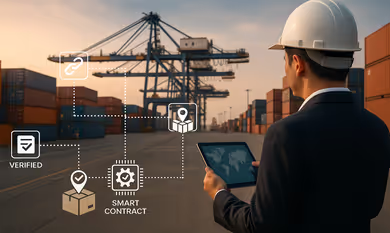






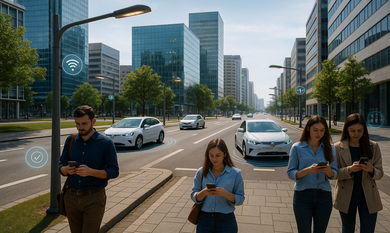
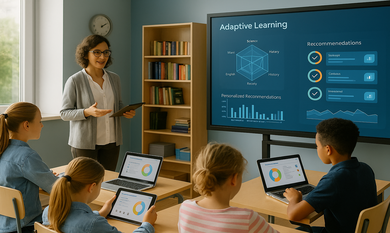




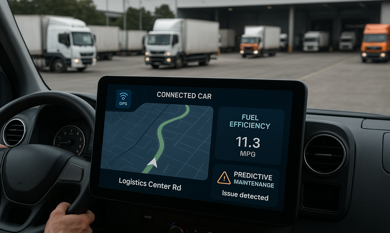












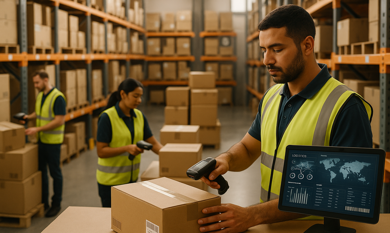



.png)





.png)
